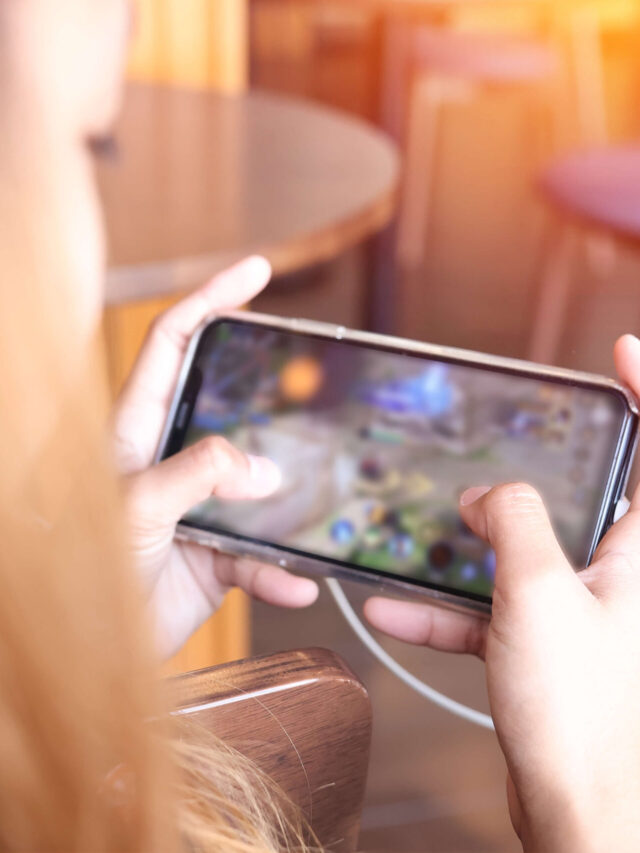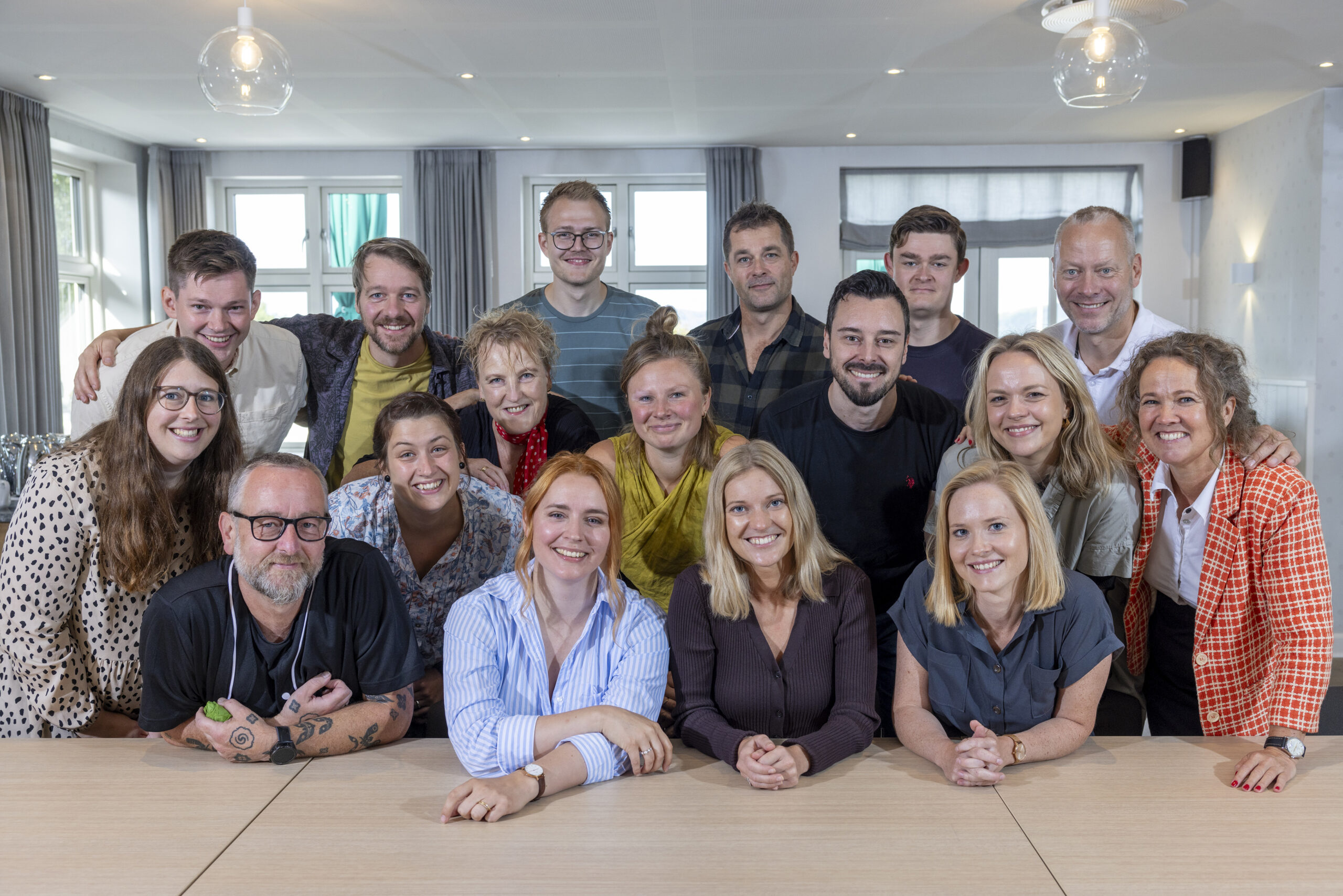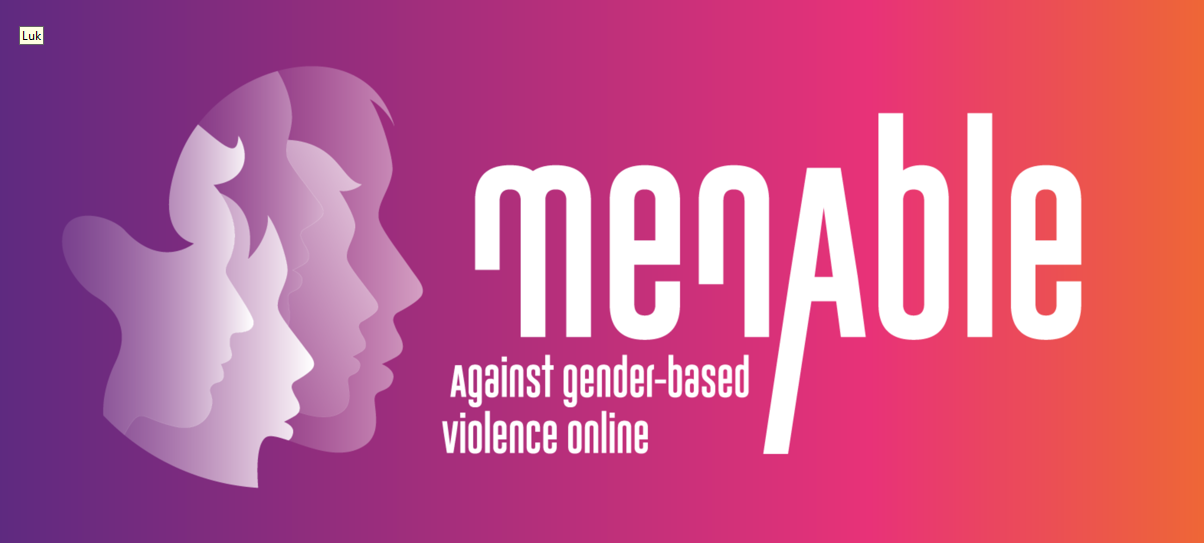Freedom with responsibility rather than censorship
Our junior reporter Michael Kaas Christensen has broadcasted videos and text from the public hearing on web censorship in Europahuset, Copenhagen, which took place on November 14. Politicians, stakeholders and press met up to join the debate along with Facebook and Google, while Apple didn’t attend.
As you can see in the broadcast there’s hardly any agreement on what constitutes censorship. Is censorship allowed only when it’s legislated by the state? Or is a social platform authorized to perform censorship when controlling its members’ behavior? What if users report each other? The concept of censorship hardly fits into a democratic principle, because certain people, opinions and genres are excluded in advance. It’s just like when Google decides which websites to show along with their place on the search list or Apple decides which programs you are allowed to install on your phone, or when Facebook removes pictures of skinny dippers after one single complain due to their policy, while the retouched pictures of bikini models stay online.
Lisbeth Knudsen, the chief editor of the Danish newspaper Berlingske has no doubt: “Facebook has the authority to withdraw people’s right to participate in a democratic debate. Our network service has to practice its own censorship! How does that sound to you?”
The debate in Denmark is no longer just a product of our laws, common norms and individual statements; it’s evenly generated by the interests of the international companies on a legal, promotional and economic level. Perhaps it’s easier to spot the problem when censorship is practiced by the state rather than by our social norms – such as when the government of Pakistan commands the telecommunication operators to delete text messages that contain dirty words. However in Denmark Peter Øvig Knudsen is restrained from demonstrating an alternative to the retouched model pictures just as efficiently as those who try to show female bodies in a regular way. The front page of the book about the free spirit of the Hippie era is banned on Facebook and Apple doesn’t want it in its e-book store either. On the other hand, isn’t it control or even censorship when the state makes the rules for private-owned platforms?
An old solution to a new problem?
Actually we’ve already found at least one possible solution to the problem in Denmark as well as abroad. When monopolies like our postal service and the first telecommunication operator just took off there was a common understanding of them not being responsible of what is sent through their channel and not censoring content, sender or receiver. Although these monopolies no longer exist, the rules still apply – in the US it’s called to have a ‘common carrier status’ and major parts of our society play by those rules: such as web providers, cargo and public transportation, postal service etc. Even though this solution is threatened each time we demand that communication providers deny access to certain websites, or when some countries allow the providers to turn down the connection speed whenever you use programs that compete with them, such as Skype.
However, Facebook, Apple, Google and many other platforms (such as Paypal) have reached another agreement from the beginning; they are not responsible for the content sent by their users (at least not if cooperating with the authorities after a report has been made), but at the same time they are allowed to censor content, to ban users from their platforms and generally to do what they please. They have a lot of freedom without any responsibility.
What can we do?
Perhaps the problem lies with politicians who believe they have no right to apply sanctions. Talking of applying censorship it would be even more legally complicated to prohibit Facebook if they broke our rules – not to mention how hard it would be to actually do it. Nevertheless the ones who are left behind are the professionals and the parents of the children and teenagers, who communicate to a greater extent on the web – and hence become more and more censored and controlled according to what they may write or watch (not to mention how monitored they are).
The Pakistani children and youth have been definitely robbed of the possibility to make certain mistakes in text messages, and thereby also a chance to learn something from those mistakes. At Center for Digital Youth Care we love the idea of children and youth starting using the web and mobile phones at an early age when the advice, corrections and support of parents and teachers still make a great impact. It’s not about preventing every mistake from happening, but about being ready to interfere when a child or a teenager has sent or received a questionable message, image or link. Unfortunately, censorship deprives children, youth and adults of the responsibility for their statements, by removing them before there is any consequence.
As we learn from Michael’s coverage young people want a place they can address personally whenever there is a problem – not just a ’report’ button. Just as Michael correctly states that we shall be nice to each other online – but that should be learned in freedom, not forced by a technical regulation. The lowest common denominator shouldn’t determine what’s a mistake at all; condom is a prohibited word in Pakistan, a picture of skinny dippers is banned from Apple and Facebook’s platforms. What shall the Danish children and young people be allowed to say to each other?
It doesn’t have to be this way; there is no reason for the others to decide what you shall share on the web or which programs you are allowed to use. But as long as we are using the solutions provided by the software giants we have to teach ourselves and especially children and youth to understand the censorship being applied. Who decides what you see on Google? Which of your friends show up in your news feed on Facebook? What can you do with your smartphone via Apple and Google App stores?
Who gave you the right to read this article?
]]>



Hvis du vil sætte et par ord på din feedback, vil det hjælpe os rigtig meget til at forbedre vores indhold.